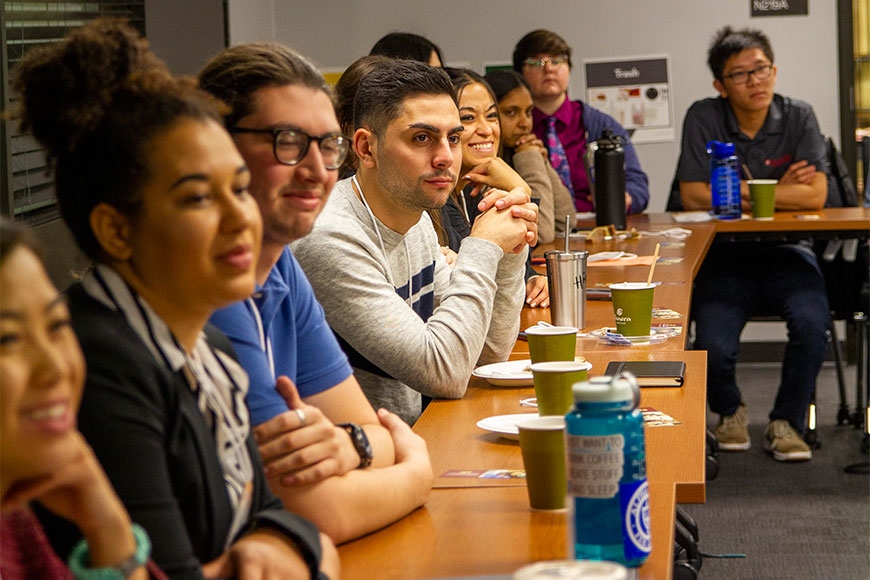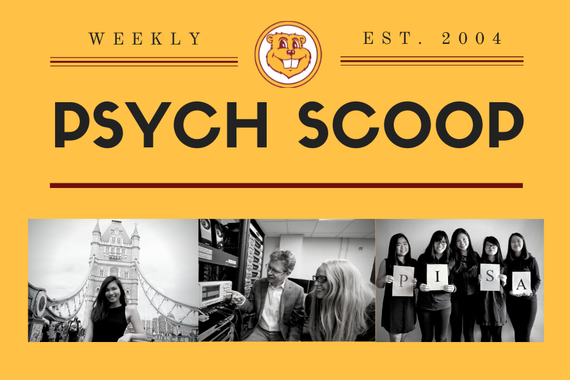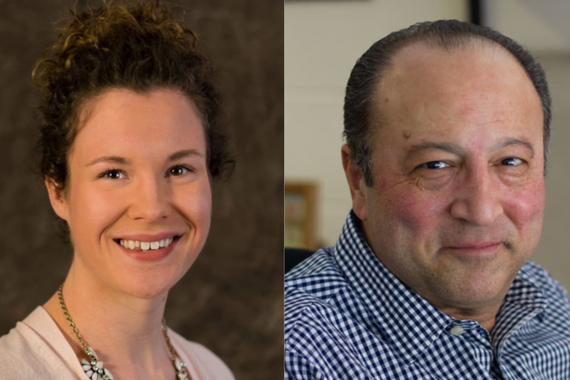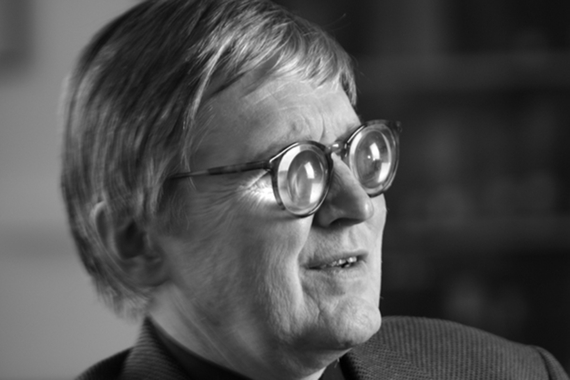Diversity in Psychology Program Gives Potential Grad Students a Firsthand Look
According to Pew Research estimates, US society will be majority racial minority by 2050. Demographics of the country are changing and throughout the US, businesses and organizations are responding to the shift. In some professions, however, that change is happening more slowly. In psychology, for instance, this changing demographic is not being adequately reflected in its faculty and graduate students.
Nationally, there is a lack of diversity in graduate psychology students and faculty: doctoral programs consist of 75 percent white students, 7.5 percent Hispanic, 6.1 percent African American, and 8.3 percent Asian. At the University of Minnesota, professors like Richard Lee of the Department of Psychology are looking to change those numbers. By hosting an annual Diversity in Psychology weekend for students interested in pursuing graduate degrees in psychology, Lee and his colleagues are providing a window into careers in psychology for students from underrepresented backgrounds.
Bringing the Program to Life
The Department of Psychology has previously taken on smaller projects and initiatives to engage diverse graduate students. In 2014, under the guidance of then department chair, Monica Luciana, Lee and his colleagues began the Diversity in Psychology program with the goal of improving outreach and recruitment of diverse students. Specifically, the program focuses on engaging students who are from racial and ethnic minority, first-generation college student, LBGTQ, military veteran, and low-income backgrounds. In Lee’s eyes, engaging with these populations means capturing the true diversity in the population. “We want to improve the diversity of our population because they are underrepresented, and there’s value added in having diverse perspectives in everyone’s graduate education,” Lee says.
Since its creation, the program has grown through outreach and promotion, receiving 70–100+ applications annually from across the country for 25–28 spots in the program. In the third year of the program, the department expanded to include students interested in graduate-level studies within the Department of Educational Psychology and the Institute of Child Development, creating an intercollegiate outreach program to students.
A Peek into the Future
To best prepare students for a future in psychology, the Diversity in Psychology program demystifies the often complicated graduate school application process and provides resources for students as they make decisions about their future careers.
From the admissions process to writing essays, Lee, faculty colleagues, and current graduate students lead sessions focused on giving students a realistic view of the technical steps to post-undergrad success. “We talk about what faculty members are looking for...what is the weighting of GRE scores and GPA versus essays and recommendation letters,” Lee says. “What other things can you do beyond your test scores to make yourself a more competitive applicant.” These workshops break down an often unclear path to higher education that might otherwise be intimidating to students.
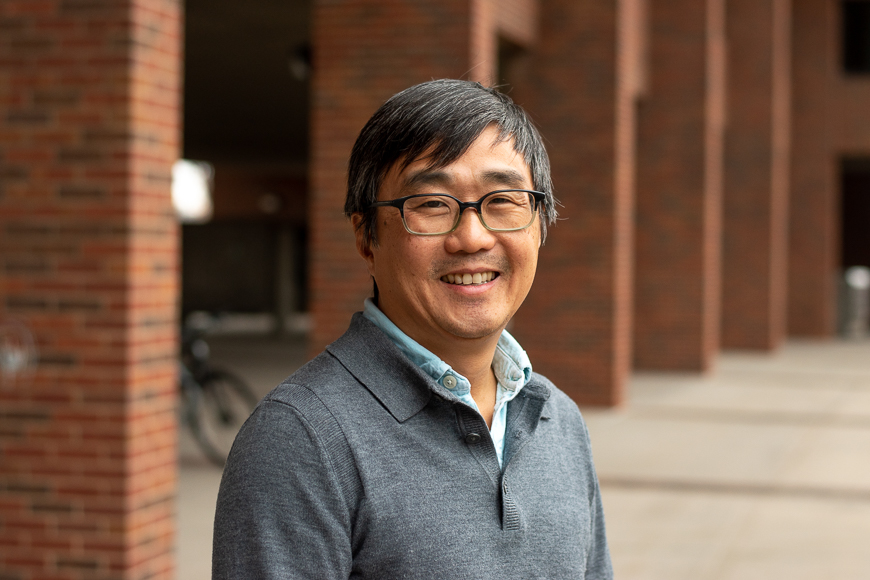
In addition to providing guidance through the technical aspects of graduate school and introducing the students to the diverse subfields of psychology that Minnesota can offer, Diversity in Psychology hosts speakers and sessions focused on connecting students from underrepresented backgrounds with identity-relevant resources.
“We have people come in from the graduate school to talk about the Community of Scholars Program, which is actually a community for graduate students of color,“ Lee explains. “[In 2019], we had someone come in to talk about resources for LGBTQ communities here on campus.” By making students aware of programs specifically designed to encourage students from underrepresented backgrounds, Diversity in Psychology gives students the opportunity to see themselves supported in their graduate program at the University of Minnesota.
Inspiring the Next Student
While the Diversity in Psychology acts as a tool to recruit specifically to the University of Minnesota and put the psychology departments on students’ radars as they begin applying to graduate programs, the program also presents real stories of success from directly within the departments.
“We end [the program] with four or five faculty sharing their own personal academic journeys. These are not exclusively faculty of color, but faculty from Psychology, Educational Psychology, and the Institute of Child Development who are first-generation college students, come from immigrant backgrounds, or are themselves racial or ethnic minorities,” Lee says. “Faculty are able to not only share their personal stories but also show the vulnerability of what it took to get where they are. I think it really resonates with students who have had similar experiences.”
With this panel, Diversity in Psychology attendees are able to see firsthand that a future in higher education is not only attainable but can happen for anyone. “We want to end with a message of hope and inspiration,” Lee adds. “This way, they can see that it’s not just the straight A, privileged student who gets into this position. It can be anyone...it’s people who come from all walks of life, from all different backgrounds.”
Continuing the Mission
The Diversity in Psychology program just concluded its fifth year in 2019. Lee defines future program success as continuing the core focus on recruiting and retaining students to the University of Minnesota while still preparing all students who apply to graduate programs with the tools they need to succeed. He hopes that programs like this one are replicated in other departments and disciplines throughout the University.
“[We want to] highlight that Minnesota is the place where they should come to do their graduate study. Students can succeed here and we will work hard to make sure that they are successful in their graduate education.”
This story was written by an undergraduate student in CLAgency. Meet the team.
